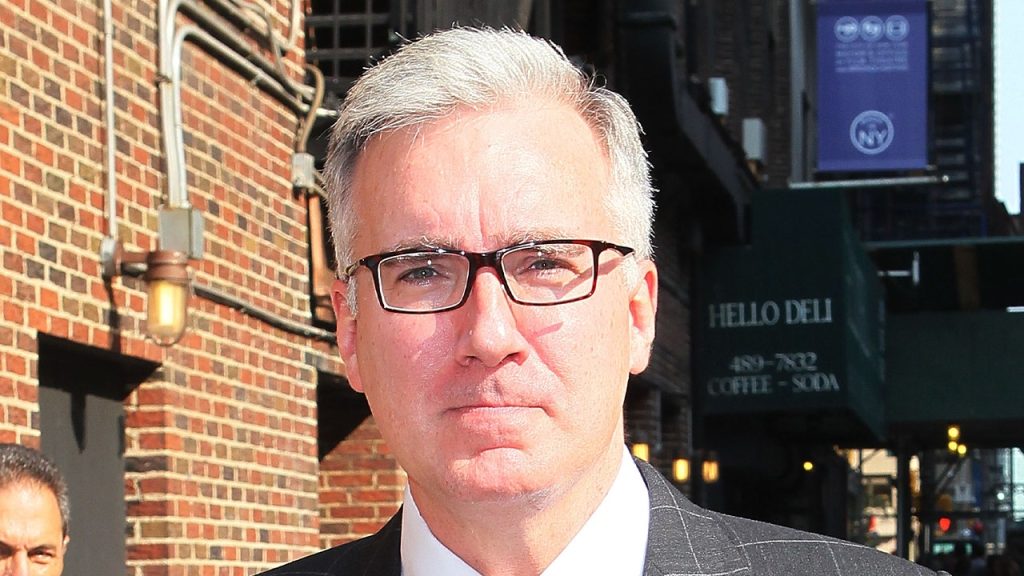The NFL’s decision to replace the “End Racism” message in Super Bowl LIX end zones with “Choose Love” and “It Takes All of Us” has sparked controversy and ignited a heated debate about the league’s stance on social justice issues. The “End Racism” message, a fixture in NFL end zones since the 2020 season opener, served as a symbolic response to the racial tensions gripping the United States at the time. Its removal for the Super Bowl, a global spectacle with an immense viewership, has been interpreted by some as a retreat from the league’s commitment to addressing racial inequality.
The NFL’s explanation for the change centers on the desire to acknowledge recent national tragedies, including a terror attack in New Orleans, wildfires in Los Angeles, and a fatal plane crash near Washington, D.C. The league argues that the new messages, “Choose Love” and “It Takes All of Us,” offer a broader message of unity and resilience in the face of adversity. However, critics contend that this justification rings hollow, particularly given the persistent racial disparities and ongoing struggles for social justice across the country. They argue that replacing a direct call to end racism with more generic slogans dilutes the message and diminishes the importance of addressing racial injustice specifically.
The backlash against the NFL’s decision has been swift and vocal, particularly from those who view the move as a sign of the league’s waning commitment to social justice. Prominent figures like former ESPN commentator Keith Olbermann have publicly condemned the NFL, accusing the league of implicitly condoning racism by removing the “End Racism” message. This sentiment reflects a broader concern among some fans and observers that the NFL is prioritizing its image and avoiding potentially controversial stances over genuinely addressing systemic issues.
While the NFL defends its decision as a way to address a broader range of societal challenges, the contrasting messages displayed during the conference championship games further fueled the controversy. The “End Racism” message was prominently featured in the end zone during the NFC Championship game between the Philadelphia Eagles and the Washington Commanders, while the AFC Championship game between the Kansas City Chiefs and the Buffalo Bills displayed the “Choose Love” and “It Takes All of Us” slogans. This inconsistency raised questions about the NFL’s messaging strategy and whether the decision to remove “End Racism” from the Super Bowl was motivated by a desire to avoid alienating certain segments of its audience.
NFL Commissioner Roger Goodell has defended the league’s diversity, equity, and inclusion (DEI) policies, emphasizing the NFL’s commitment to attracting and retaining diverse talent both on and off the field. He asserted that the league’s DEI efforts are not simply a trend but rather a fundamental aspect of improving the NFL. However, critics argue that removing the “End Racism” message undermines these very efforts and sends a conflicting message about the league’s true priorities. They contend that true commitment to DEI requires not only internal policies but also public displays of support for social justice causes, particularly those addressing racial inequality.
The controversy surrounding the end zone messages highlights the ongoing tension between sports and social activism. While the NFL has attempted to navigate this complex landscape by incorporating social justice messaging into its games, the decision to remove the “End Racism” message from the Super Bowl has reignited the debate about the league’s sincerity and its willingness to take a firm stand on issues of racial justice. The differing opinions on this issue underscore the challenges faced by organizations like the NFL as they attempt to balance their entertainment role with their potential to influence social change. The removal of the “End Racism” message serves as a reminder of the ongoing dialogue surrounding the role of sports in addressing societal issues and the scrutiny faced by leagues like the NFL as they navigate this complex terrain.

